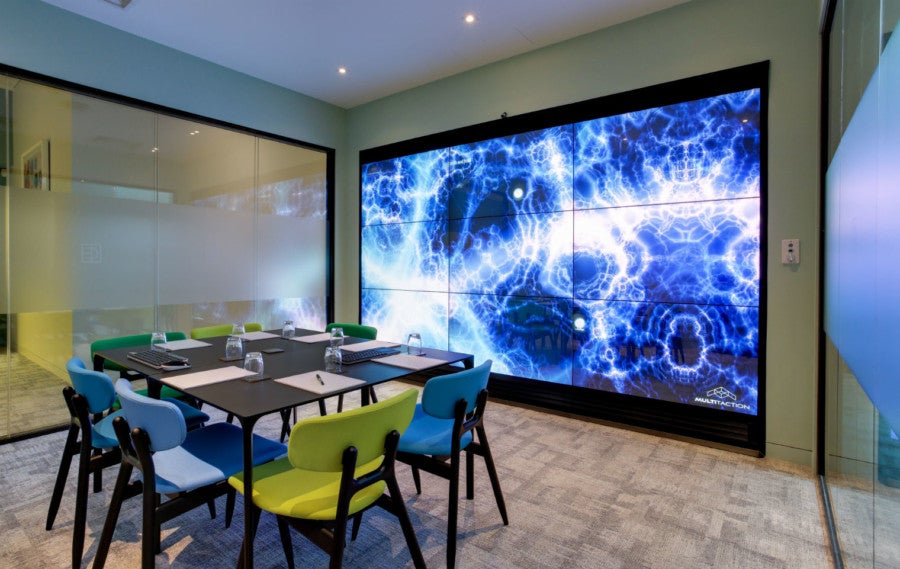Walk into almost any coffee shop, café or hotel lobby in London, or any of the world’s great cities, and you’ll find a hive of activity. Businesspeople will be tapping away at laptops, Skyping colleagues and holding meetings with clients.
Over the last few years the growth of “cappuccino commerce” has been fuelled not only by better coffee, but more reliable and secure wi-fi, with remote network access and cloud storage at the click of a mouse or touch of a finger. This has resulted in more and more professionals discovering they can run a business without having a permanent office.
In the same way as we download software updates via software-as-a-service providers, we can also “consume” office space-as-a-service as and when it’s needed.
But it’s not just freelancers who are using this working model. A growing number of the world’s best-known companies are now waking up to the fact that having access to office space where and when you want it makes economic sense, rather than paying for empty offices and underutilised meeting rooms in expensive locations.
At the forefront of this trend is The Clubhouse, London’s leading business club, lounge and meeting space. With prime locations in Mayfair and St James’s Square, from September it is opening two new branches in the City. Initially demand came from startups and professionals leaving corporate life to set up their own businesses, but now members and clients of The Clubhouse are typically growing small and medium-sized enterprises (SMEs) and global companies such as Tesla, Samsung, BP, Lazard, UBS and KPMG.
Big corporations are looking for meeting space that is quieter, more comfortable and better appointed than a coffee shop
“They’re realising that they can work more flexibly and cost effectively, and their employees really appreciate it too,” says The Clubhouse founder Adam Blaskey. He compares this approach to office space with the explosive growth of software-as-a-service. “At one time, if you needed some software you’d buy a CD and put it in your computer to download it, now you just access it via the cloud. It’s cheaper, more accessible and more flexible – as is this form of working.”
Just as Dropbox, Google Drive, Salesforce and Skype are driving growth by allowing businesses to access services through the cloud wherever and whenever they want, rather than having to buy and host a software package, the model is now being repeated in the physical world of office space.
Previously a banker and during his career as a residential property developer, Mr Blaskey began to realise that holding meetings with potential clients and partner in hotel lobbies and coffee shops was unsatisfactory. And not needing an office five days a week, the idea of The Clubhouse was born.
He points out, though, that big corporations are looking for meeting space that is quieter, more comfortable and better appointed than a coffee shop. With its sleek, calming interior design, The Clubhouse provides open-plan meeting areas, private boardrooms, hot desks and a members’ lounge.

The trend is helping to turbocharge the most successful businesses through gains in productivity and staff retention. Recent research by the City of London Corporation shows that adopting this approach to office space can reduce running costs and help companies to be more agile.
Companies are also realising that The Clubhouse offers excellent networking opportunities. KPMG has even installed a member of staff at The Clubhouse with the purpose of making connections and introductions, as well as helping The Clubhouse to provide their members with everything they need to run their business.
“Our other clients from venture capital and private equity firms to marketing agencies and technology businesses are realising that they’re surrounded by people they can work and collaborate with,” says Mr Blaskey. “It’s part of a more collaborative attitude towards business. You want a solicitor, for instance, there’s one getting a coffee next to you. Similarly you might find yourself selling to the person sitting at a desk across the way.
“SMEs have been recruiting and growing for years like this, now big-name brands are doing the same.”

